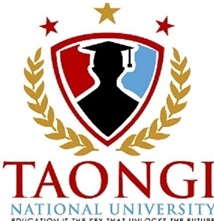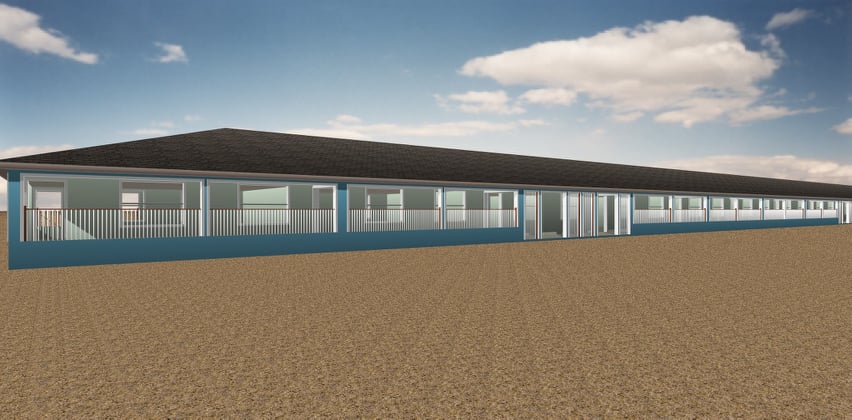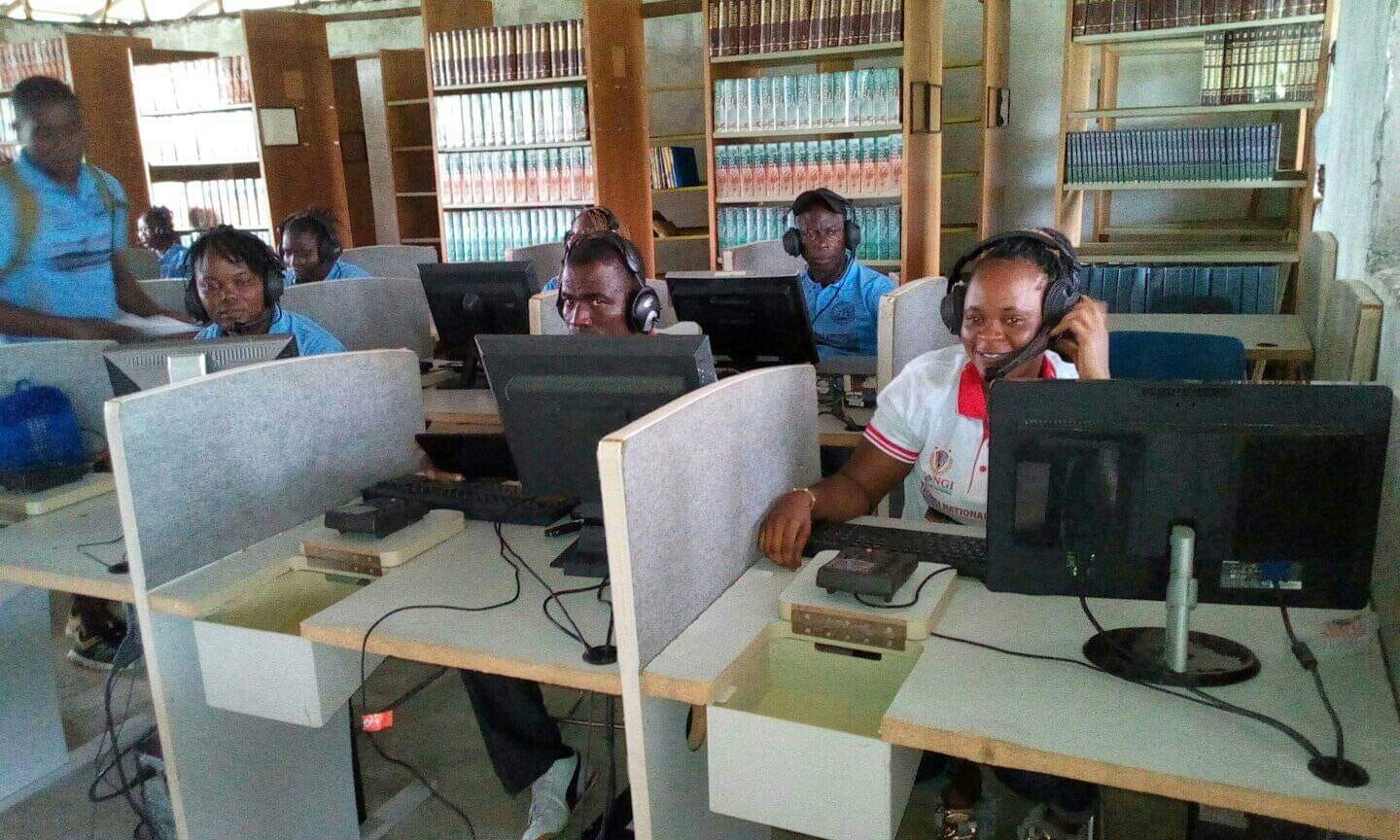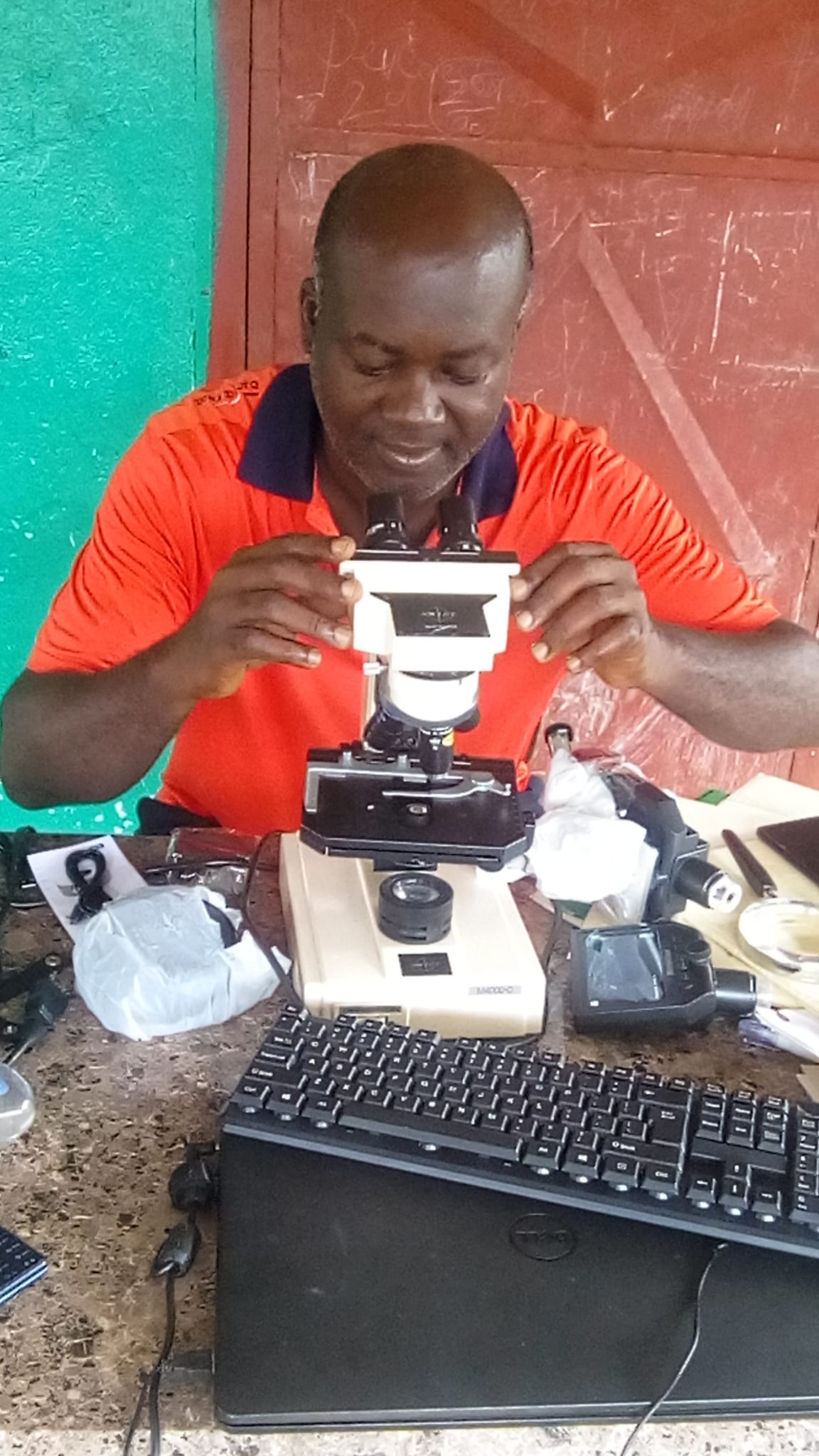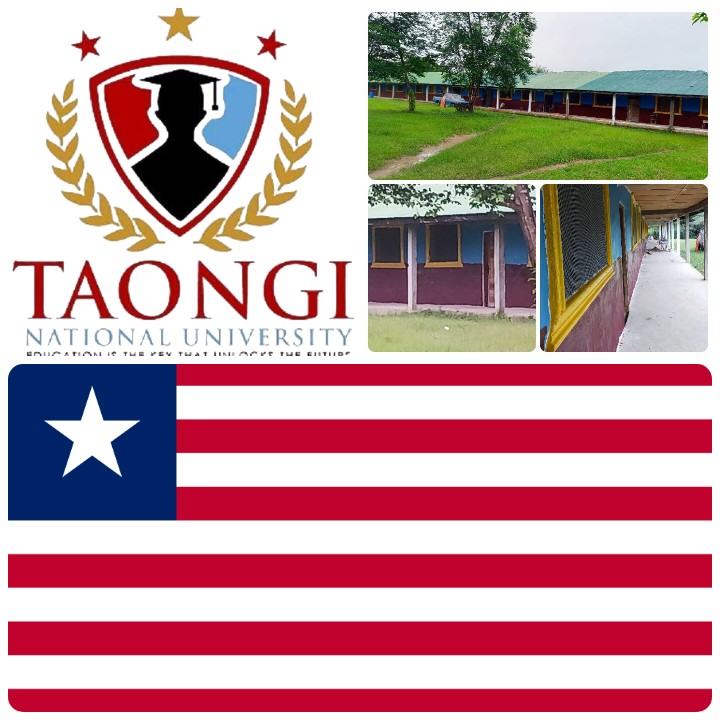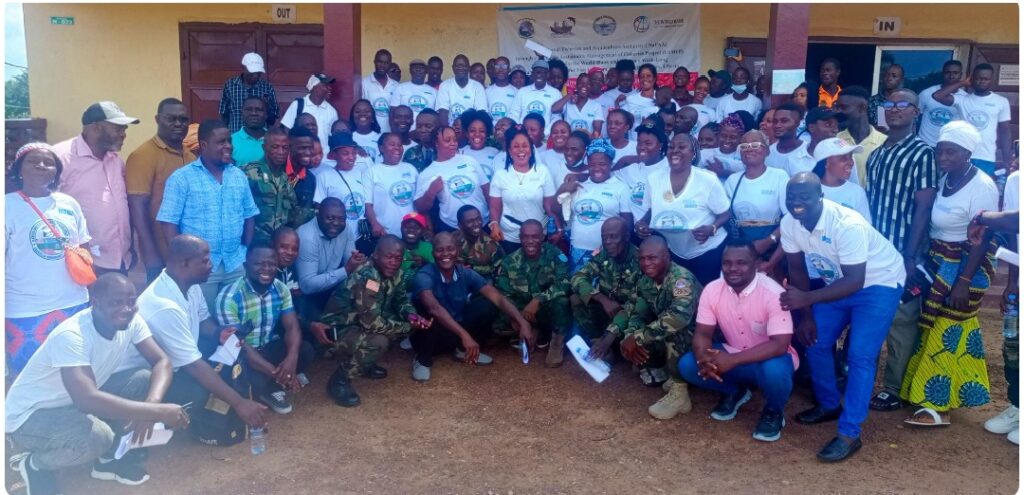
Ramsey N. Singbeh, Jr
+231772641146 / 880147358
The National Fisheries and Aquaculture Authority (NaFAA) is currently conducting a six day training for fish farmers in Margibi geared toward increasing their knowledge in the aquaculture activities in Liberia.
Under the Liberia Sustainable Management of Fisheries Project (LSMFP) with funding from the World Bank, NaFAA has embarked on the week-long aquaculture training.
The training, which commenced at the Kakata City Hall on Monday, June 30, 2025, is set to run through Saturday, July 5, 2025, and has attracted participants from across the county including some members of the Armed Forces of Liberia.
This initiative is part of NaFAA’s broader Practical Aquaculture Training for Fish Farmers, targeting four counties: Margibi, Lofa, Bong, and Nimba.
The training covers a wide range of topics, including an introduction to aquaculture, fish biology, site selection for aquaculture production, aquaculture record keeping, seed production and broodstock management, and aquaculture biosecurity.
Additional modules include water quality, fish feed production and nutrition, feeding techniques, Tilapia timeline, pond construction, site security, cage culture, record keeping and marketing, fish health, sexing of fish, new species, polyculture and aquaponics amongst others.
Ezekiel Allen, Chief of Office Staff in the office of the Director General of NaFAA, addressing the participants on behalf of his boss, highlighted the training’s objective to equip fish farmers with the knowledge and skills needed to enhance Liberia’s aquaculture sector.
Allen noted that, for a long time, aquaculture had not received the attention it deserved in Liberia—a situation he believes is now changing, thanks in part to the ongoing training.
“But what I can say to you is that, that is going to change, and it is something that you should be happy about. And that change starts today, which is why you are here today,” Allen told the participants.
He further explained that NaFAA’s focus, traditionally centered on marine fisheries, is now shifting toward aquaculture and inland fisheries.
However, Allen clarified that marine fisheries would not be neglected. “It’s not to say that we are going to forget about marine fisheries, too, but greater attention of the new leadership of NaFAA is going to be greatly focused on the Aquaculture sector,” he emphasized.
Allen assured the farmers that NaFAA’s support would not end with the training.
“NaFAA is not just training the farmers and leave them by the wayside, but the initiative is going to be a continuous process,” he said, adding that the director general is deeply committed to seeing an improved aquaculture sector.
Ezekiel Allen closed his remarks by challenging the farmers to actively apply the knowledge gained during the training to improve aquaculture production in Liberia.
Zizi A.S. Kpadeh, Director for Aquaculture and Inland Fisheries at NaFAA, expressed his excitement about the high turnout and described the event as a significant milestone for his team.
He explained that the training is divided into two sessions: a three-day theoretical session followed by a three-day practical demonstration.
According to him, after the classroom sessions, farmers will visit aquaculture sites to observe what they have learned in sessions, with trainers identifying and correcting any mistakes.
Kpadeh urged participants to take the training seriously, emphasizing its importance for the future of Liberia’s aquaculture industry.
The event also featured remarks from local leaders, including Kakata City Mayor Gbarngawoe Eddie Seyboe, the mayor of Salala, the president of the Margibi Fish Farmers Cooperative, and the Ministry of Internal Affairs’ Agriculture Coordinator for the county.
All praised NaFAA’s leadership for organizing the training and expressed optimism about its potential to transform the aquaculture sector in Margibi and beyond.


